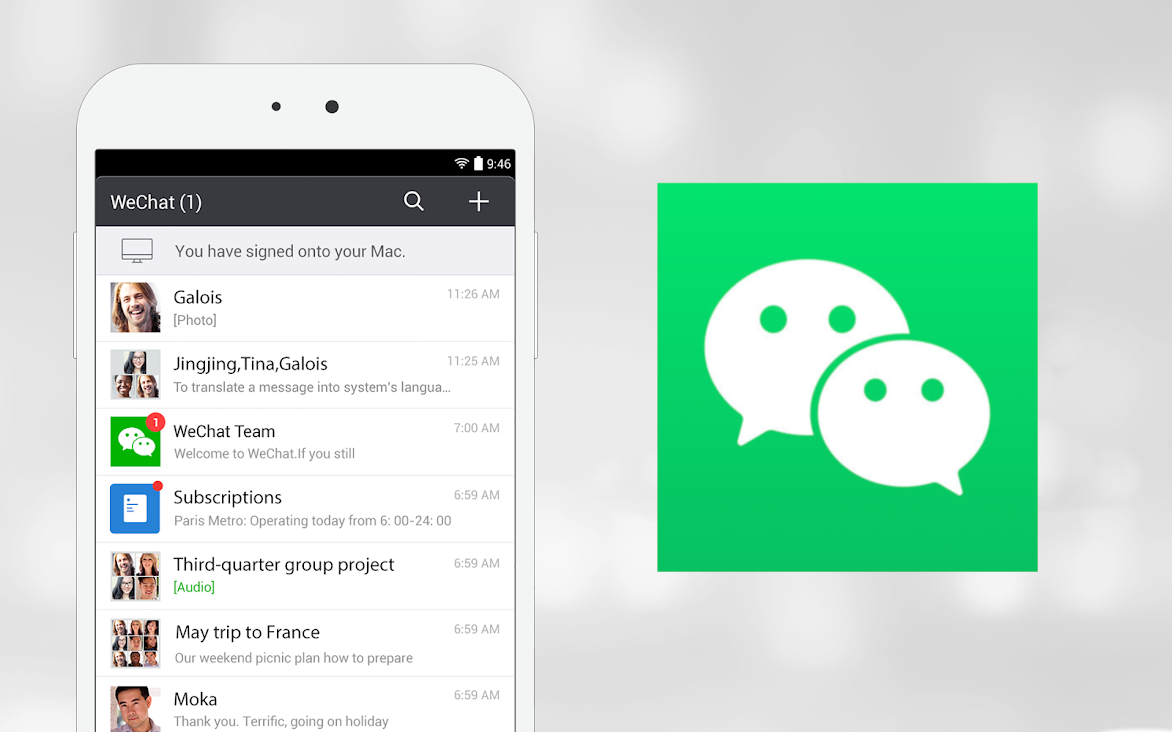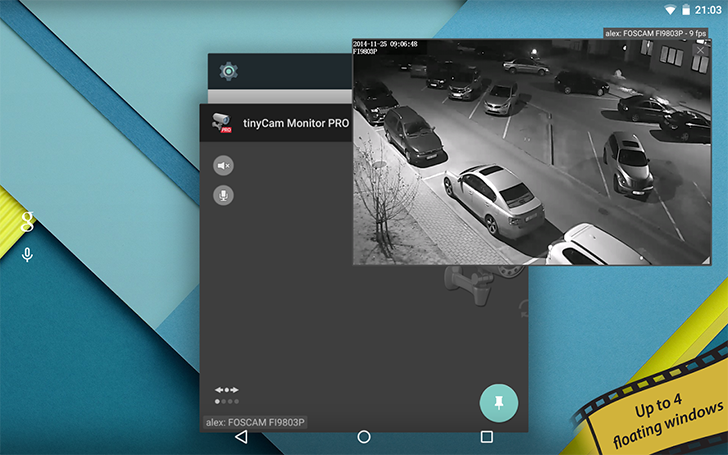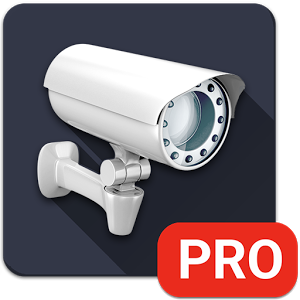latest

Surveillance companies are using mobile ads to obtain scarily accurate location data
"Wow," says the surveillance agent assigned to watch me, "he sure doesn't move around much."
As people become more conscious of the importance of data privacy, dominoes are beginning to fall. Earlier this week, we learned that the company behind the X-Mode SDK had been caught selling customer location data to government contractors. Now a new report claims that overseas surveillance vendors are siphoning location data from smartphones with the help of mobile advertising tools.

Pick up an Arlo Pro 2 two-camera kit for just $200 from Amazon
Night vision, free cloud recording, and a super-loud siren
It's important to make sure your home is secure, but that can prove costly. Arlo is one of the better choices these days when it comes to wireless cameras, but its models often come in on the expensive side. We called the Arlo 2 Pro the best wireless camera you could buy back in 2018, and right now, Amazon has a two-camera kit with the Arlo 2 Pro on sale for just $199.

United States Senate fails to protect your web activity from government snooping
Pandemic gripping the nation? Time to check in on everyone's browser histories
The United States has a long history of unwarranted surveillance on its citizens, mostly stemming from the Patriot Act signed into law after the September 11 attacks. The Patriot Act allowed various law enforcement agencies to conduct surveillance on citizens (without warrants) in the name of protecting against future terrorist attacks, and while that law has lapsed, a new amendment passed by the U.S. Senate once again allows law enforcement to rummage through your internet history with no probable cause.

WeChat monitors foreigners' chats to feed its Chinese censorship machine, investigation finds
Is anyone really surprised?
The internet in China is different from the internet in the rest of the world. Services are heavily censored by the state, making it impossible to discuss unsanctioned political topics on the web openly. WeChat, in particular, is known to monitor and censor its platform in China. However, an investigation by The Citizen Lab shows that WeChat doesn't only monitor Chinese citizens, but also extends this activity to people all over the world using the app. It does that to feed its censorship algorithms, which helps filter out certain content proactively. WeChat essentially crowd-sources international users' data.

Android Police covers a variety of products under its umbrella — some of them aren't strictly in the Android ecosystem — and one such diverse category is home surveillance. Namely, smart home surveillance. So, any chance we get to highlight savings on some pretty hefty buys, we do it. This time around, Amazon and Best Buy are running dueling sales on Arlo Pro 3 cameras.So, let's face it: companies in the smart home surveillance business have been weathering some tough scrutiny lately about where their users' data goes and how it's being used. Amazon's Ring has been criticized for partnering with local police departments to extremely intimate levels while whitebox OEM Wyze left unsecured servers exposed to the public for at least two weeks. Arlo, owned by San Jose-based Netgear, has had its share of vulnerabilities exploited as well.Every company has its thrills and spills, but when it comes to this sector of tech, this author personally believes that you should be looking for a vendor that is focused narrowly on its hardware and services and is separated far enough from external influences to operate independently. And if you go by those standards, it seems like Arlo fits the bill.Android Police's review of the Arlo Pro 3 can be found here.

Google's plans for a Chinese search and news service, known internally as Dragonfly, continue to leak and create controversy. In August, it was revealed that Google would soon reenter the Chinese marketplace, which Google CEO Sundar Pichai denied, calling it "an exploration stage." Then on Sept. 14th, it was reported that Google would track users using their phone number.

Read update
Google has been largely absent from China for several years now, but last month, news broke that it was working on censored versions of Search and News for the country. The reveal sparked outrage, both inside and outside of Google, and at least a few employees have left the company as a result. According to The Intercept, part of the plans include a way for users to be tracked by phone number, and modifying weather data to under-represent pollution levels.

tinyCam Monitor is probably the most feature-packed remote surveillance app on the Play Store. Almost everything you could imagine is here - two-way audio for select cameras, SSL support, MP4 video recording, Google Cast and Android TV support, and even a built-in web server. Version 7.0 of tinyCam has just been released, and to celebrate, the Pro version is 50% off until September 20.

Surveillance is a tricky subject. Are you comfortable with a world where you increasingly pass by cameras wherever you go? Maybe not. But at the same time, having a security camera can be a way to keep your home safe. While some of us wrestle with that philosophical dilemma, I will point others toward the Samsung SmartThings Home Monitoring Kit. To capitalize on President's Day, SmartThings is offering its set of integrated surveillance equipment for off, bringing the price down to $199.99. The savings will take effect after you add the item to your cart.The kit contains a SmartThings Hub and two sensors to monitor whether someone opened doors, windows, or the garage. You also get a motion sensor that detects movement inside your home and an outlet that can control lights or other electronics. This probably won't provide you with everything you need, but it's enough to get started.The discount is visible on Amazon too, if you rather Prime the goods out to your house. SmartThings says the offer will last until February 20th.Source: SmartThings blog, SmartThings shop, Amazon

Since the Snowden leaks began back in 2013, there has been a justifiable increase in public scrutiny of the US federal government's attitudes towards surveillance and information access. So when President Obama voiced the opinion that encrypted files should be accessible to law enforcement (presumably via some kind of backdoor or exclusive decryption method), privacy advocates joined security experts in a nationwide groan. Thankfully the administration seems to have changed its tune nine months later.

tinyCam Monitor Pro v6.2 Brings Built-In Web Server Enabling Remote Playback Of Recordings, And More
tinyCam recently made the big leap to version six dot oh, dragging along a new icon and material design. On the functionality front, we saw the introduction of 24/7 background video recording. This allowed users to keep recording long after they've switched their attention to another app.

In the latest update on NSA documents leaked by Edward Snowden, The Intercept is reporting on the surveillance establishment's efforts to use the Google Play Store to distribute spyware. Another fun fact from the data dump is that these agencies found and exploited a security hole in the ultra-popular UC Browser for years until an activist group informed its developers about it just about a month ago.

tinyCam Monitor lets you view what's going on in front of your network or IP camera, cast the footage to a Chromecast, or keep tabs from an Android TV. It even supports Android Wear. Needless to say, the app does a thorough job of letting you use your Android device to keep an eye on things.

[Editorial] Here's Why All The Google Glass Skeptics Are Wrong (And A Few Ways It Might Fail Anyway)
I'm going to be up front: I want Glass. I'm thoroughly intrigued with the idea, I love the possibility of having an always-available camera that sees whatever I see, and completely hands-free Google sounds like a perfectly natural progression of the things like Google Now and voice actions. In the world where personal digital assistants seem commonplace, why should we not expect those things to be always accessible and visible?









